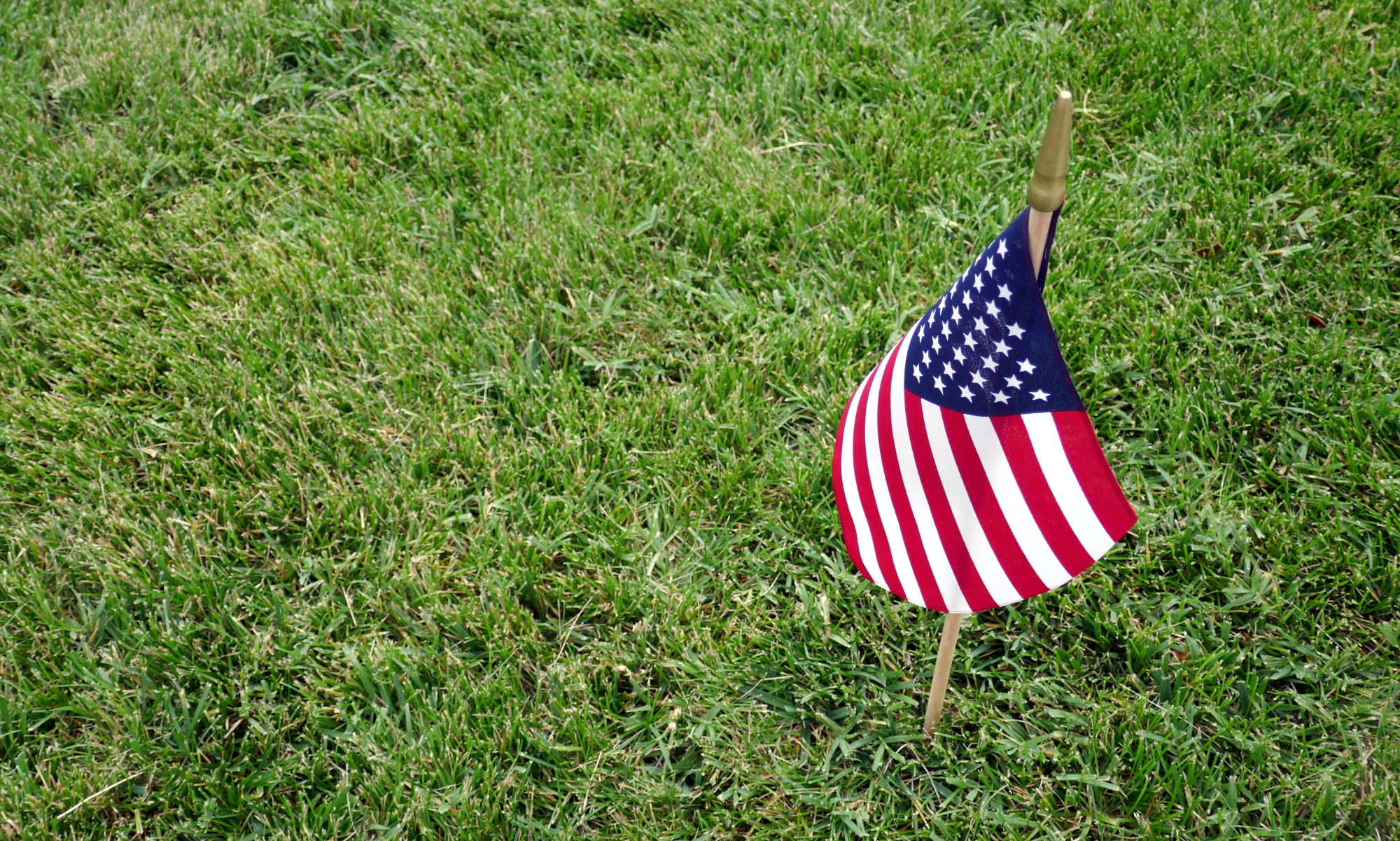by Jonathan Krall
When writing on this website, we have adopted the convention, similar to that of the Washington Post, of capitalizing Black and White whenever we refer to these significant cultural groups. I am occasionally asked why we do this. Today, the idea of capitalizing Black is not as controversial as when W. E. B. Du Bois advocated for Negro instead of negro in the 1920s. In a nation where anti-Black racism is visible daily, the capital B is an elevation. Because Whiteness needs no further elevating, many hesitate to apply the capital W. In his excellent book, How We Win The Civil War, author Steve Phillips says “I am no longer capitalizing ‘white’ because white nationalism has become so powerful…” However, in the Atlantic, Kwame Anthony Appiah quotes two (Black) staffers from the Center for the Study of Social Policy: “To not name ‘White’ as a race … frames Whiteness as both neutral and the standard.” Here, in Virginia, where “white” became a term of law as early as 1705, we can move beyond the “white” default. We can embrace multiculturalism. We can envision a world where race is known only as the archaic social construct that produced those elements of White culture and Black culture that we continue to enjoy.
Embracing knowledge
In November, 2019, I attended an Undoing Racism workshop hosted by OAR and conducted by the People’s Institute for Survival and Beyond. I was taught that it is racist to assume that White is a neutral default, such as in a story where only non-White characters are described in racial terms. Arguing for the capital W and against the idea that white is somehow a neutral default, Appiah states that, “Perhaps a stronger argument would be that white people don’t deserve a lowercase w and shouldn’t be allowed to claim it.”
Continue reading “Multiculturalism in Black and White”




